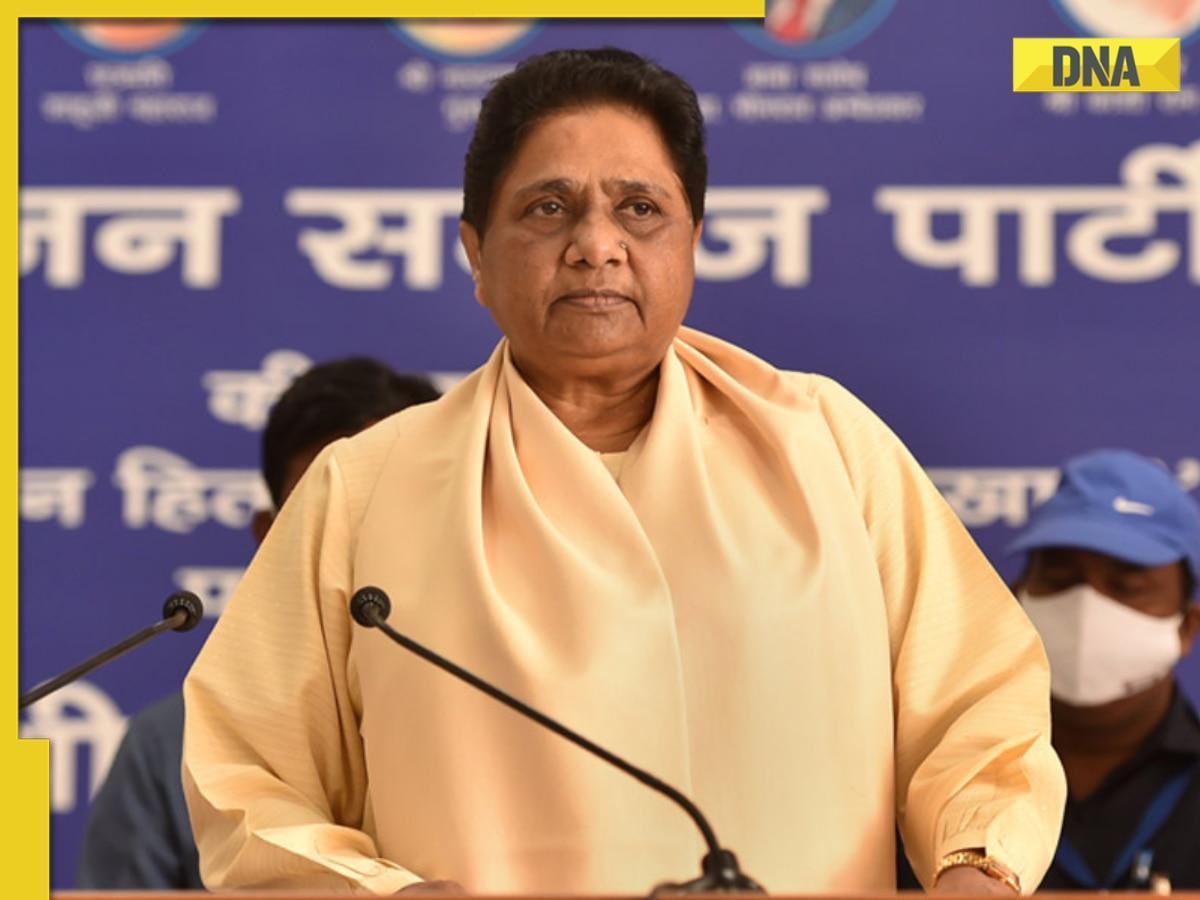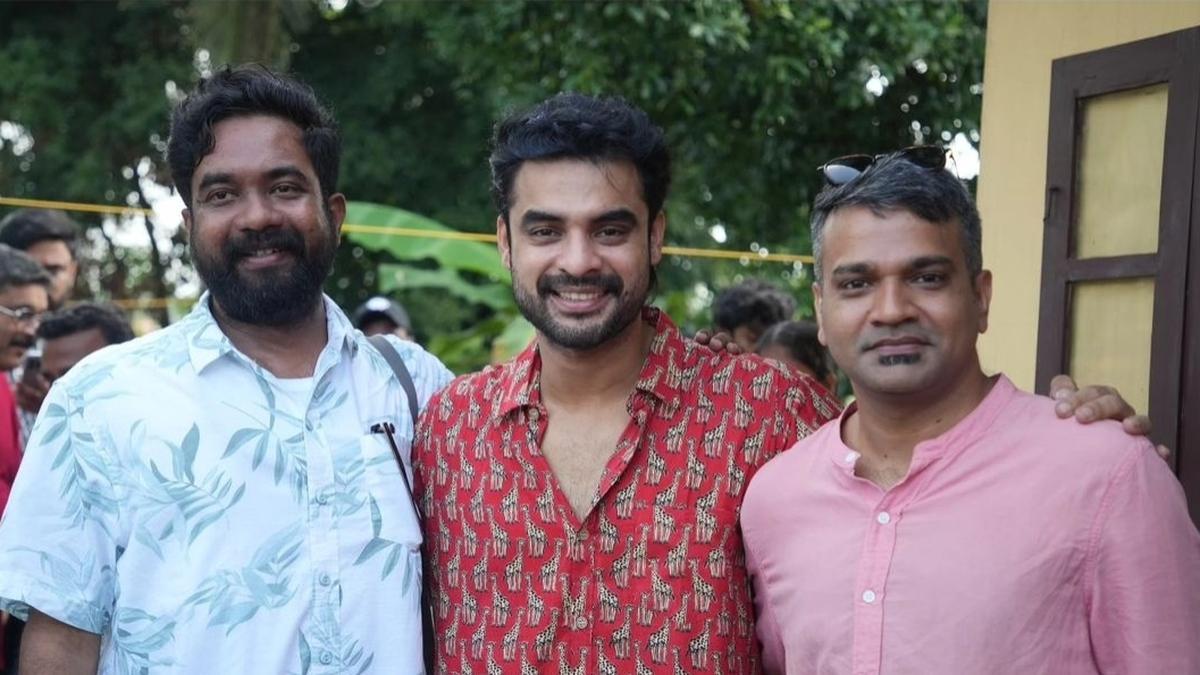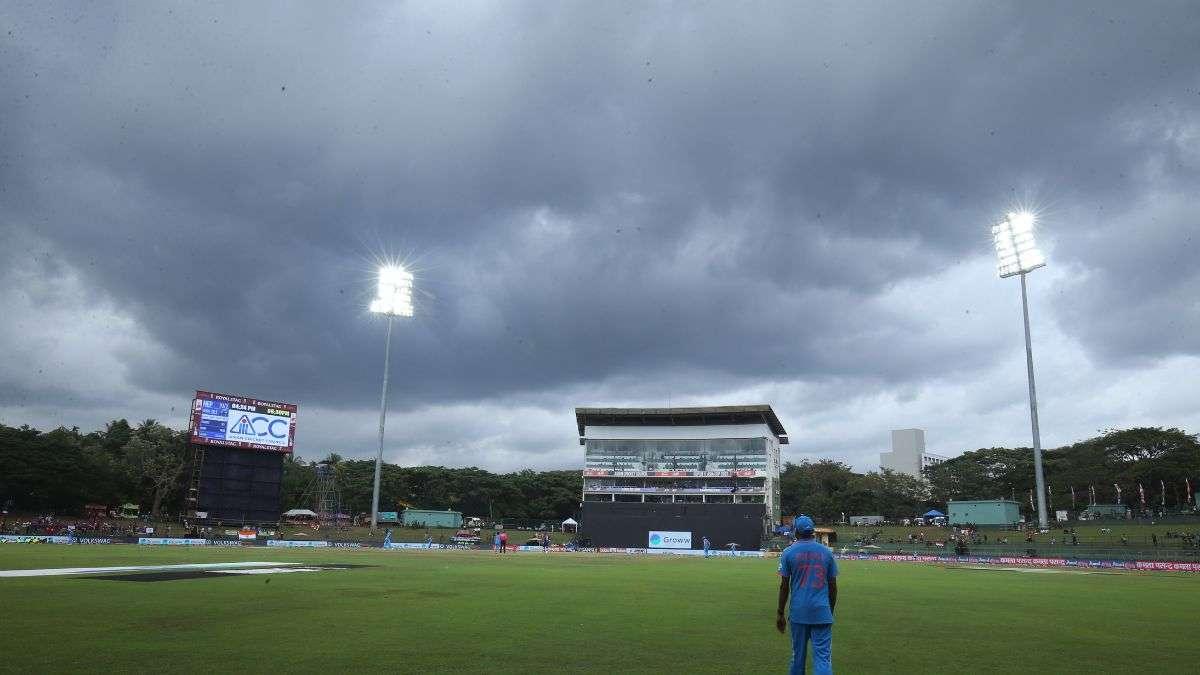
In a significant setback for the Bahujan Samaj Party (BSP) led by Mayawati, the party failed to secure even a single seat in the recent Lok Sabha elections in Uttar Pradesh. This defeat starkly contrasts with the BSP’s performance in the previous general elections, where it had won 10 seats in an alliance with its arch-rival, the Samajwadi Party (SP). The outcome severely dents the party’s reputation as the voice of Dalits in the state.
In the last elections, the BSP had managed to carve out a respectable performance by joining hands with the SP, capturing 10 out of the 38 seats it contested. This partnership had then helped the BSP emerge as the second-largest party in Uttar Pradesh, garnering over 19 percent of the vote share – a crucial mass that had consistently supported Mayawati.
However, this year, the electoral landscape has undergone a dramatic shift. The Samajwadi Party emerged as the single largest party in Uttar Pradesh, and the Congress also performed better, indicating a significant decline in Mayawati’s influence. The BSP’s candidate selection strategy, seemingly aiming to thwart the opposition grouping, did little to bolster its own chances.
Mayawati now faces an uphill battle as she has announced her intention to contest future elections independently. This decision comes amidst internal strife, with several MPs defecting to other parties. The political arena’s perception of the BSP as an unofficial ally of the BJP, especially after BSP MLA Uma Shankar Singh voted for the ruling party in the Rajya Sabha elections, further complicates Mayawati’s position.
The Dalit vote bank, constituting over 20 percent of Uttar Pradesh’s electorate, has traditionally been the BSP’s stronghold. The state’s political demography is crucial as Uttar Pradesh sends 80 MPs to the Lok Sabha, making it a key battleground. The BJP’s strategic placement of Baby Rani Maurya, a Dalit, as a senior minister, aims to dilute Mayawati’s influence.
. Simultaneously, SP leader Akhilesh Yadav has allied with Dalit leader Chandra Shekhar Azad “Ravan” to attract Dalit voters away from the BSP.
The current election results have starkly highlighted the BSP’s diminished relevance. Mayawati’s isolation from major political formations like the ruling NDA alliance and the opposition INDIA coalition, coupled with her strategy to fight alone, appears increasingly precarious.
The drift of BSP MPs adds another layer to the party’s struggles. Ritesh Pandey, BSP MP from Ambedkarnagar, joined the BJP in Delhi, citing a lack of communication and engagement from the BSP leadership. Pandey’s resignation letter to Mayawati underscored his grievances about not being invited to party meetings or being able to establish dialogue with the leadership. With Pandey’s departure, four out of the ten BSP MPs from the previous tenure have either defected or expressed intentions to do so.
Additionally, the Samajwadi Party has announced Afzal Ansari, the BSP MP from Ghazipur, as its candidate for the next Lok Sabha elections. Danish Ali, the BSP MP from Amroha, faced suspension from the party last year for expressing support for TMC MP Mahua Moitra.
Mayawati’s recent decisions and the resultant exodus of party members cast doubt on the party’s future electoral prospects. The core Dalit voter base’s response will be crucial in determining whether Mayawati can regain her footing or if the BSP will continue to slide into political oblivion.
As the political chessboard of Uttar Pradesh continues to evolve, the once formidable BSP finds itself at a crossroads, grappling with internal challenges and external adversities. The upcoming months will be pivotal for Mayawati as she endeavors to revitalize her party and reclaim its significance in India’s largest state. For now, the challenges seem daunting, and the path to political resurgence unclear.










